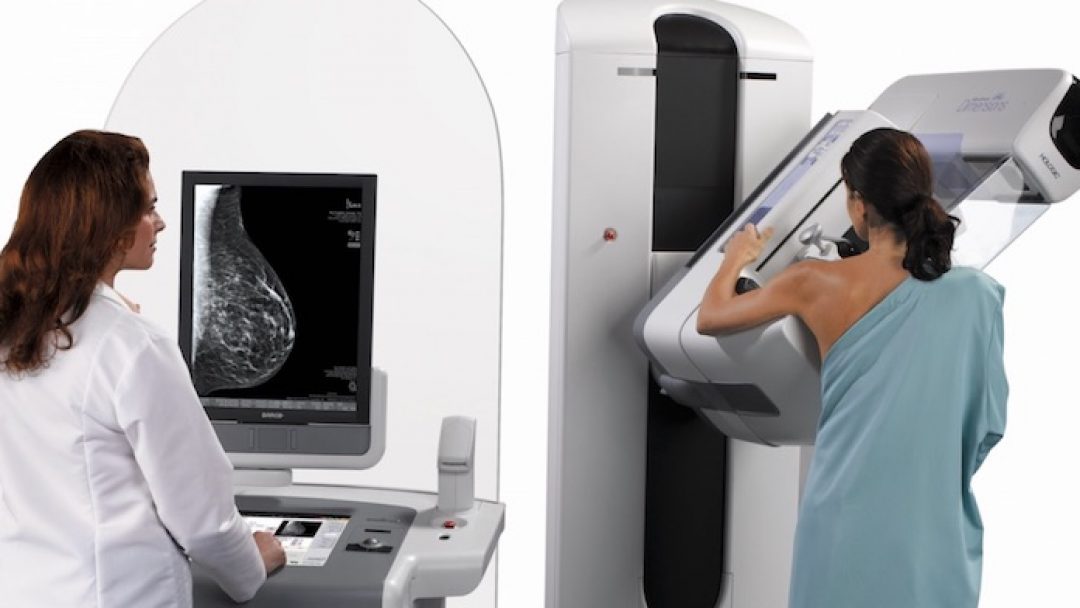It’s important for women to be proactive with their potential cancer risk, but how often should a women have a mammogram? The answer to that question depends on who you ask.
The American Cancer Society recommends one screen a year if you’re between the ages of 45 and 54 and have no history of breast cancer. However, the American College of Physicians (ACP) believes this recommendation to be outdated.
In a recent released statement, the ACP recommends that women should get a mammogram every two years once she turns age 50.
“It’s important to remember that this ACP guidelines statement does not apply to women who are at higher risk, who have had a prior abnormal study, who may have had a personal history of breast cancer, who may have a genetic mutation that places them at higher risk for breast cancer,” explained Dr. Ana Maria Lopez, the president of the American College of Physicians.
They recommend the change because the ACP has evidence that shows getting a mammogram every year can lead to anxiety if a woman were to get a false positive. These false positives would lead to additional testing the woman doesn’t need.
Dr. Lora Barke disagrees with the ACP. She’s the medical director for Invision Sally Jobe Breast Centers. She says that unnecessary treatment isn’t the concern. “There are women that need to come back, and it’s only approximately 10 percent of women that get called back from a screening mammogram and much fewer that may have to undergo a biopsy,” explained Dr. Barke.
The ACP states that the breast cancer rate does not increase if a woman has biannual mammograms versus annual ones, but Dr. Barke believes that not only should the age for testing not be raised, it should start even younger, at age 40.
“Doing a mammogram every year results in mortality reduction of about 40 percent,” she says. “Whereas doing it every other year, starting later in life, reduces that mortality reduction to 23 percent.”
Dr. Barke says she hopes women take time to be awake of their health. “I’m hopeful that just by bringing this to the table that people will recognize that it’s time for them to take action,” said Dr. Barke.
The ACP recommends that a woman start discussing breast cancer screening options with their doctor when they reach age 40.








